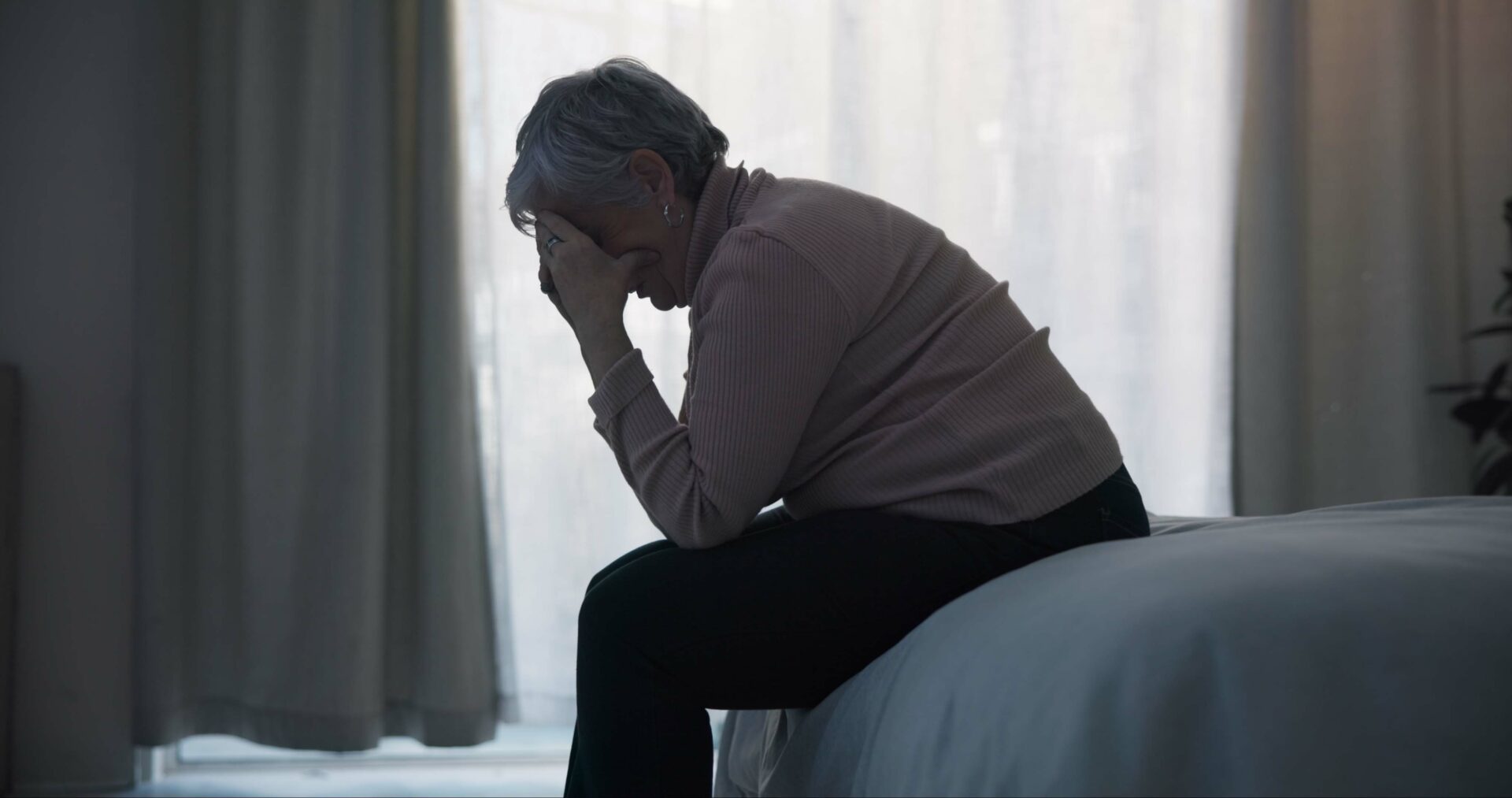On 2nd January 2024, the Pensions and Lifetime Savings Association (PLSA) updated their guidance on pension sharing orders. We delve into the importance of discussing pensions in divorce as this change brings about more conversations about the role of pension sharing.
Pensions in Divorce
Pensions are often avoided in divorce conversations because they appear complicated and stressful.
Often, divorcing couples would prefer to focus on physical assets like property in their proceedings. In the moment, these immediate financial needs can (very naturally) seem all-consuming.
However, pensions are a very important part of divorce. They can be one of the most significant assets a couple has. Ensuring they are included in discussions can reduce stress in the longer term.
It is very common for there to be a significant disparity in pension wealth between couples.
According to research from the University of Manchester, in around half of couples, 90% of the pension wealth is held by one party – this tends to be the man. Fewer than 15% of couples have pensions that are approximately equal.
Women, unfortunately, often lose out when it comes to pensions in divorce and often do not include them as part of discussions. Scottish Widows recently released statistics highlighting that 60% of divorced women did not talk about pensions in their divorce, with almost 28% of these not knowing that they should be included.
Research shows that if pensions are not part of divorce conversations, it could cost women up to £77k on average in today’s money when they reach retirement.
Many of us will be aware of the gender pay gap – where women are paid less than men for the same job. However, the gender pensions gap is not discussed. Yet it is equally as serious as there is a 56% difference between men and women in average pension assets at retirement age – falling in favour of the men.
Those couples undertaking a DIY divorce are most likely to be at risk. This is because it is unlikely that they will consider the full extent of the value of their individual pensions and their mid to long-term needs.
Only 12% of financial orders on divorce contain a pension sharing order. It is far too common for parties to ignore or forego their claims against their ex-spouse’s pension in favour of retaining the family home.
This puts the party – usually the wife – at risk of swapping long-term income security for short term stability.
Furthermore, women have a longer life expectancy than men. This means that they need a more substantial capital fund at retirement to produce the same annual income over their lifetime post-retirement.
What are the options?
Pensions should always be part of financial disclosure. This happens early in divorce proceedings and is a full and frank breakdown of all the financial assets owned by each party.
The disclosure will reveal any disparity between your pension assets, which can then be discussed in negotiations.
When discussing pensions in divorce, there are two primary options for couples. The first is pension sharing.
Pension sharing is where one party gets a percentage share of their ex-spouse’s pension(s). A pension sharing order is an order given by the court that the given share be transferred into a pension in your sole name.
Pension offsetting is the other main option when considering pensions in divorce. This is when one party gets a greater share of another asset, instead of receiving a pension share. For example, this could be the family home.
However, as mentioned, it is important to understand that in choosing this option, you may be trading short-term goals for long-term stability.
It is always best to get the advice of an expert lawyer and a financial adviser. If you choose this option, you should get a court order to ensure you don’t run into any issues down the line and to make the agreement legal.
What next?
It is important to seek the advice of a family lawyer. At Stowe, we have a number of lawyers who are experts in pensions and can help guide you through the process.
In some cases, the help of a financial adviser is necessary. We can put you in touch with finance professionals who can give you expert advice about your money and your potential future income.
Useful Links
Pensions and Lifetime Savings Association recently updated its guidance for private sector occupational pension schemes on pension sharing orders: Press Release
Finances and Divorce
Dangers of a DIY Divorce: Listen on Spotify
Understanding pensions in divorce: Listen on Spotify
How are pensions dealt with in divorce?: Watch on YouTube
Government advice on money and property in divorce
Divorce and the Gender Pensions Gap – Article by Stowe Partner Matthew Taylor
How to trace your pensions
